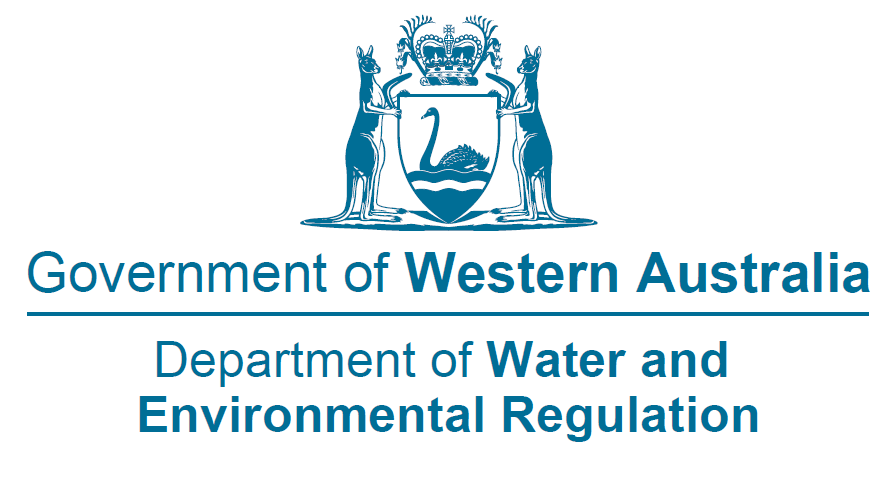Published on Tuesday, 4 August 2020 at 10:09:04 AM

Beaufort Inlet – boom and bust?
The impacts of climate change and the resulting on-going dry conditions in the south west of the State, is being felt not only in the agricultural sector but also by our rivers and estuaries.
Rainfall and streamflow tracking by the Department of Water and Environmental Regulation (DWER) shows that the 2019 winter season ended with most rivers and streams across the south west land division tracking at below-average flows, resulting in the driest conditions since 2010.
Low rainfall in the Pallinup River catchment over the past three years has resulted in very little streamflow in the river, which drains to the Beaufort Inlet. This has led to salinity levels increasing in the river and inlet through evaporation.
The department first received reports of fish deaths in the Beaufort Inlet at the end of January 2020. Officers responded to the report, observing a small number (less than 100) of dead fish, mostly Bream and Whiting. At that time salinity levels were 85 parts per thousand (ppt). By way of comparison, seawater is typically 35 ppt.
An assessment of the situation, including testing the water for algal blooms, determined that the fish deaths in Beaufort Inlet were almost entirely due to the dry season cessation of river flow and subsequent high salinity, high temperatures, and shallow water levels.
Since then, many more reports of dead fish around the Millers Point campground and up the river at Paperbarks have been received by the Department. Staff have visited the Inlet several times during this period, and with little rain being received in the catchment to date this winter, salinity levels have continued to rise.
The last water sampling was conducted in June 2020, and at that time salinity levels were about 100 ppt, nearly three times as salty as seawater. In these hyper saline conditions, even the toughest sea mullet have succumbed to the salinity and staff observed hundreds of dead and dying mullet at Millers Point and Paperbarks.
It has been suggested to the department that the current conditions could be alleviated by opening the sandbar, and allowing the flow of ‘fresher’ sea water into the Inlet and reducing the overall salinity levels within the Inlet.
Estuaries are complex ecosystems and the impacts of opening the sandbar upon the Inlet are uncertain. However, it is very likely that the input of ocean water would cause stratification of the water column. This means that the ‘fresher’ ocean water would not mix with the saltier estuary water, but instead sit in a layer above the estuary water, especially in the deeper pools that are found up river.
This stratification would cause oxygen levels in the lower water layer to drop, potentially leading to ammonia being released from the sediments, which can be toxic to any remaining fish and benthic invertebrates, which are the foundation of the estuarine food web. The release of ammonia and other nutrients from the sediment can also cause algal blooms, further impacting the estuarine ecosystem.
Opening the sandbar at a time when there is no river flow to maintain the channel, would also likely see the sandbar close up again very quickly. The department considers that a sandbar opening now could be an expensive exercise that at best could be ineffective, and at worst, could lead to environmental harm to the Inlet.
Estuaries on the south coast are dynamic and resilient ecosystems that frequently experience the “boom and bust” cycles. High rainfall events in the summer of 2016 and 2017 delivered strong river flows in the Pallinup River and resulted in naturally occurring sand bar openings.
The department is confident that fish species will be able to return to the Inlet once water levels rise and the sand bar opens. Marine and estuarine fish will be recruited from nearby estuaries and move back into the Inlet when water conditions are favourable.
If you would like any further information, please contact the Department of Water and Environmental Regulation’s Albany office on 9841 0100 or southcoast@dwer.wa.gov.au
Back to All News